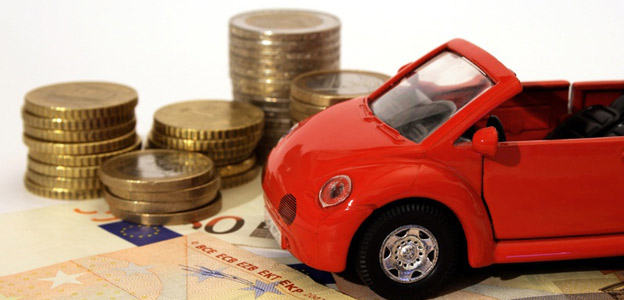With sky high petrol prices, the cost of insurance, maintenance and tax, driving is an expensive luxury for many. The excess on your insurance from just a single breakdown can seriously eat into your monthly income, particularly if you are a young or inexperienced driver. Therefore, it is important for many to drive as economically as possible. What many people do not realise, however, is that there is far more to driving economically than simply driving slower.
This guide offers a five pronged approach to driving economically.
1. Driving style
First and foremost, the way you drive will dramatically affect the miles per gallon you get out of your vehicle. And it is not all about how quickly your drive either. Follow these tips to up your car’s economy and ensure you aren’t forever at the pumps:
– Accelerate and decelerate smoothly and take extra care to avoid unnecessarily having to break. This requires an awareness of what’s going on around you in order for you stop speed up or slow down well in advance.
– Change up a gear early and avoid high revs. In a diesel car aim to change up around 2,000rpm or 2,500rpm in a petrol.
– Surprisingly for some, air conditioning dramatically lowers your car’s fuel economy so only use it when needed. Bear in mind also that driving with the windows down increases the air resistance against your car. Good advice is to have the windows down for in-town driving and use air conditioning when on the motorways or driving at higher speeds.
– Similarly, electronic gadgets such as heated windscreens also adversely affect your fuel economy.
– Stick to the speed limits as travelling at higher speeds is significantly less economical. Driving at 80mph for example uses around 25% more fuel than travelling at 70mph.
2. Maintenance
Looking after your car is another important factor in preserving its fuel economy. The car should ne regularly serviced, in line with the recommendations in the car’s manual and engine oil should be regularly checked and replaced when required.
Your tyres are one of the most important components of the entire vehicle and, as the only point of contact with the road, have a significant impact on fuel economy. Under inflated tyres increase the resistance on the roll, meaning the car uses more fuel. Regular inspections and maintenance are therefore very important.
If you find a puncture, having it repaired may be more cost effective than replacing it. Visit http://www.bktyres.co.uk/ to see if you could save.
You should also inspect the tread of your tyres, noting that if it is worn below 1.6mm you are actually breaking the law. In this case, replace your tyres immediately.

3. Fuel choice
Choosing the cheapest fuel at the pumps is one way to cut back on arguably the most expensive part of motoring, but there are other ways to save on fuel too. A number of leading supermarkets and credit card providers offer cashback or discount deals when you spend money in store or on their cards. Shop around as some deals offer up to 3% cashback!
4. Planning
Planning your journey is another important factor in economical driving. It includes planning the shortest routes, avoiding traffic where possible. Sitting idle in a queue is seriously detrimental to your fuel economy, so be prepared to take a slightly longer route if it means avoiding the jams.
Get rid of unnecessary weight in your car too. Whilst this doesn’t mean strip out the back seats, sensible precautions such as removing roof racks and unnecessary luggage can go a long way to cut back on fuel costs.
5. Aerodynamics
Thinking about your car’s aerodynamics might seem like something more suited to a racing car team, but can actually seriously help your car’s economy. Keeping windows shut and the car free of roof racks or bike attachments unless necessary will all help your fuel go a little further. Driving with a roof rack has been shown to decrease your car’s fuel economy by up to 5%!
To summarise, a lot of driving economically comes down to fore-planning and common sense. By driving carefully and sensibly, planning your journeys and using roof racks and air conditioning sensibly you can save yourself a significant amount of money and keep motoring costs down as much as possible!
